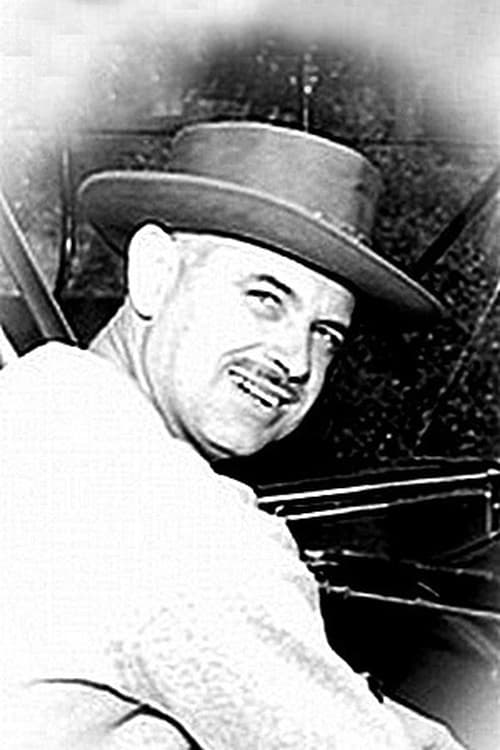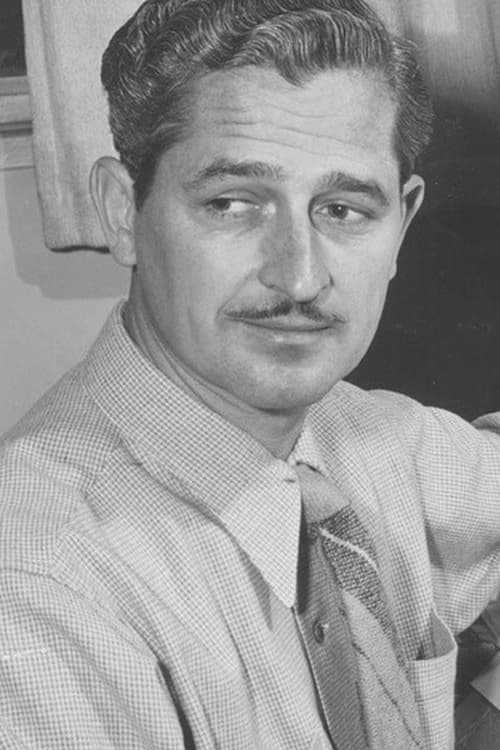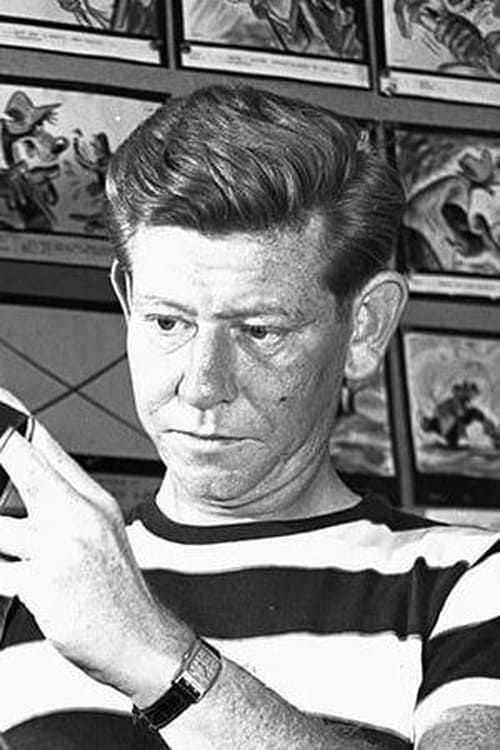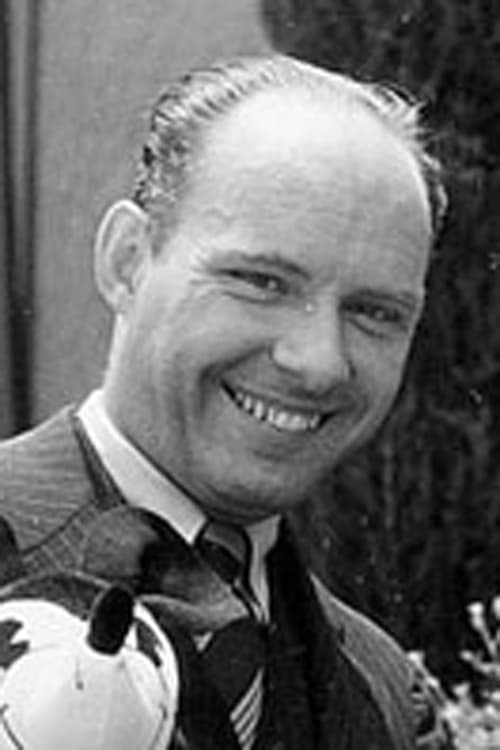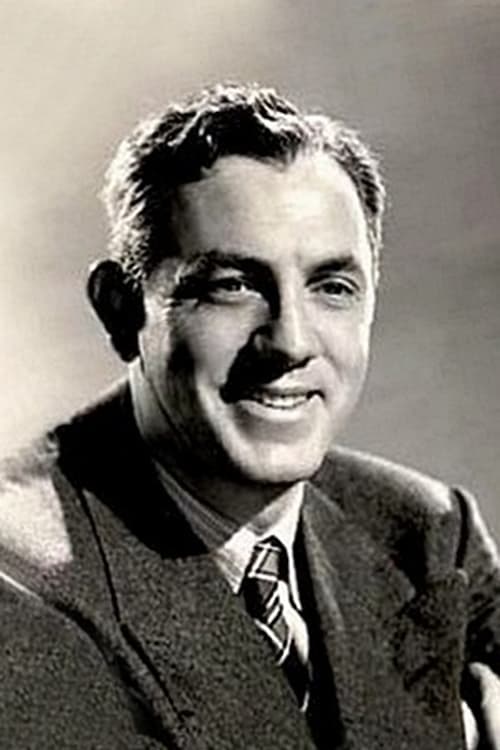Monkey Melodies (1930)
Genre : Animation
Runtime : 7M
Director : Burt Gillett
Synopsis
The monkeys are swinging; their song and dance routine has other jungle creatures joining in. And two monkeys in love chase and kiss. But the hungry crocodiles lie in wait (and dance the soft shoe).
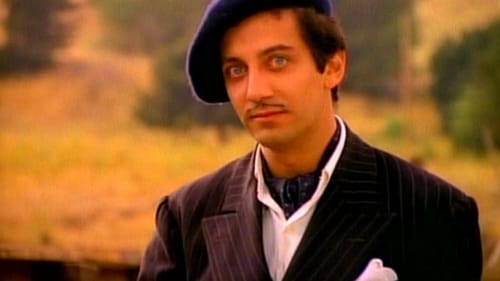
A grizzled, hard-of-hearing cowboy, Slim, and his two friends, Dusty and Pete, capture a mysterious, well-dressed Frenchman.
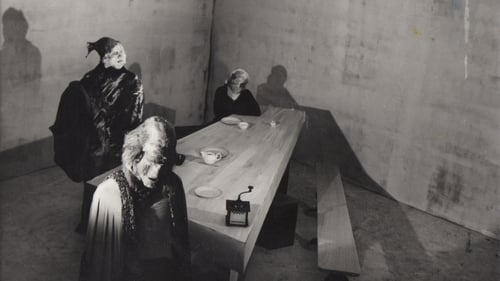
A study of human anxieties about beauty, youth and objectification.

A meditation on eating people and quiet waitresses.

A man breaks into a large, seemingly abandoned old house to plunder the gold received. But the house is really abandoned?

Maya Deren’s shortest, two-minute A Study in Choreography for Camera seems like an exercise piece to capture a dancer’s movement on celluloid, which later on developed into her masterpieces such as Ritual in Transfigured Time and Meditation on Violence.

Short film made in 1997 while David Gordon Green was attending the North Carolina School of Arts that formed the genesis of his feature film debut, "George Washington".
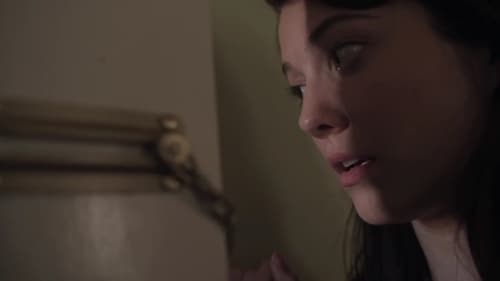
A young agoraphobic woman is tormented by malevolent visions that begin to bleed into reality.

Two creatures wonder, 'What is a hole?' They have different points of view. Their debate leads to an idea, an idea that changes the world. This is a story of practical magic. This film was made as part of the 5th edition of the NFB's Hothouse apprenticeship.
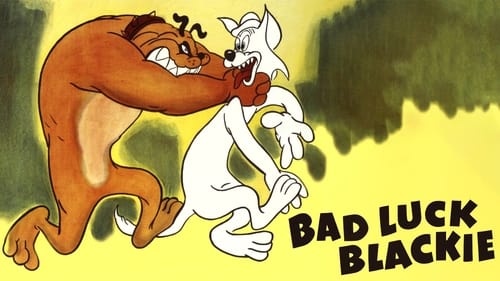
A kitten who is being tormented by a bulldog finds a savior in a black cat (from the "Black Cat Bad Luck Company") who merely has to cross the dog's path for something very unlucky to happen to the bully.
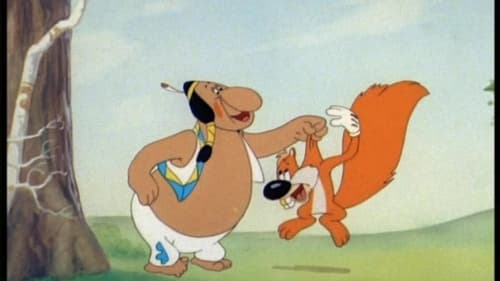
To prove he's a true Indian Brave, Big Heel-Watha decides to catch a squirrel - but wouldn't you know it; Screwy Squirrel is the first one he sees...

The story of Joe and Paddy, whose childhood friendship is shattered by the troubles in Northern Ireland. Twenty five years later they are reunited.

Three stories based on O. Henry novels.

Arnold's source material is a piece of footage from the 1950s, eighteen seconds long and very typical for the period. A quiet take: A living room, a woman in an armchair. Her husband opens the door, kisses her, then moves out of the picture accompanied by a camera pan, his wife follows after him. In Arnold's film the sequence takes 16 minutes. Cadre by cadre, it becomes an exciting tango of movements. But Pièce Touchée is more than just a matter of forms; The reflections, distortions and delays it displays challenge cinema's stable system of space and time.

A short segment of film is played with musical backing at various speeds for a jarring effect.

Pierre Clémenti's Soleil presents a psychedelic meditation on his life and his detention in an Italian Prison in 1972.
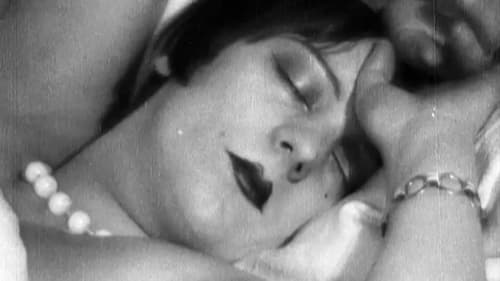
Two people stand on a road, out of focus. Seen distorted through a glass, they retire upstairs to a bedroom where she undresses. He says, "Adieu." Images: the beautiful girl, a starfish in a jar, city scenes, newspapers, tugboats. More images: starfish, the girl. "How beautiful she is." Repeatedly. He advances up the stair, knife in hand, starfish on the step. Three people stand on a road, out of focus. "How beautiful she was." "How beautiful she is." "Beautiful."

A tilted figure, consisting largely of right angles at the beginning, grows by accretion, with the addition of short straight lines and curves which sprout from the existing design. The figure vanishes and the process begins again with a new pattern, each cycle lasting one or two seconds. The complete figures are drawn in a vaguely Art Deco style and could be said to resemble any number of things, an ear, a harp, panpipes, a grand piano with trombones, and so on, only highly stylized. The tone is playful and hypnotic.

When a burglar dressed as Santa Claus steals a family's Christmas presents, amateur detective Octavius sets out to recover the loot.
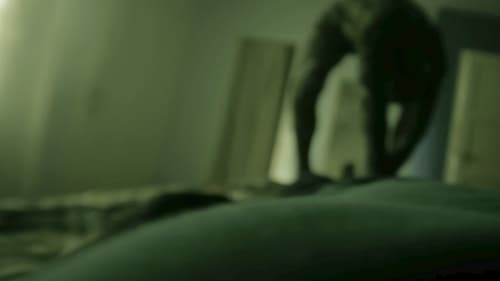
After confronting her fiancé, Paul, in a cheap motel, Betty discovers the horrifying secret that has kept him from sleeping for days.
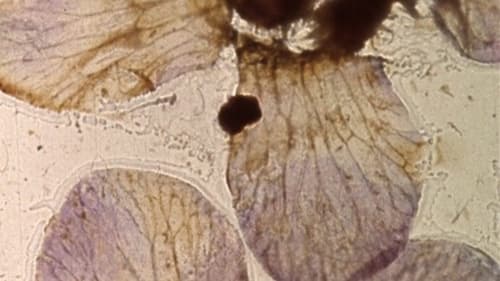
Seemingly at random, the wings and other bits of moths and insects move rapidly across the screen. Most are brown or sepia; up close, we can see patterns within wings, similar to the veins in a leaf. Sometimes the images look like paper cutouts, like Matisse. Green objects occasionally appear. Most wings are translucent. The technique makes them appear to be stuck directly to the film.





